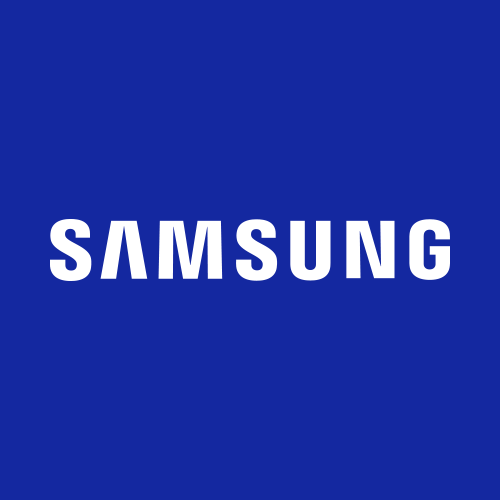Good day,
I'm currently looking for a 1TB M.2 NVME that has excellent REAL WORLD performance, I don't really give much emphasis if a lot of the NVME drives today have very fast speeds when it comes to synthetic benchmarks since these are SYNTHETIC BENCHMARKS. I'm looking for a drive that can really offer excellent performance in the real world. Basically, I'm looking for a an M.2 NVME drive that can always copy files on a constant or stable "gigabyte speed" with no drops in the speed. For example, I want a drive that can copy files whether big or small, on at least a gigabyte per second, 900MB's below is a no go for me. Price is of no issue, but I don't wanna pay too much either for a drive that you're only paying the brand name for. I don't wanna end up paying twice as much as I shouldn't have. I don't wanna go cheapskate also, I want something that will last and something that is fast.
I'm currently looking for a 1TB M.2 NVME that has excellent REAL WORLD performance, I don't really give much emphasis if a lot of the NVME drives today have very fast speeds when it comes to synthetic benchmarks since these are SYNTHETIC BENCHMARKS. I'm looking for a drive that can really offer excellent performance in the real world. Basically, I'm looking for a an M.2 NVME drive that can always copy files on a constant or stable "gigabyte speed" with no drops in the speed. For example, I want a drive that can copy files whether big or small, on at least a gigabyte per second, 900MB's below is a no go for me. Price is of no issue, but I don't wanna pay too much either for a drive that you're only paying the brand name for. I don't wanna end up paying twice as much as I shouldn't have. I don't wanna go cheapskate also, I want something that will last and something that is fast.
Last edited:




